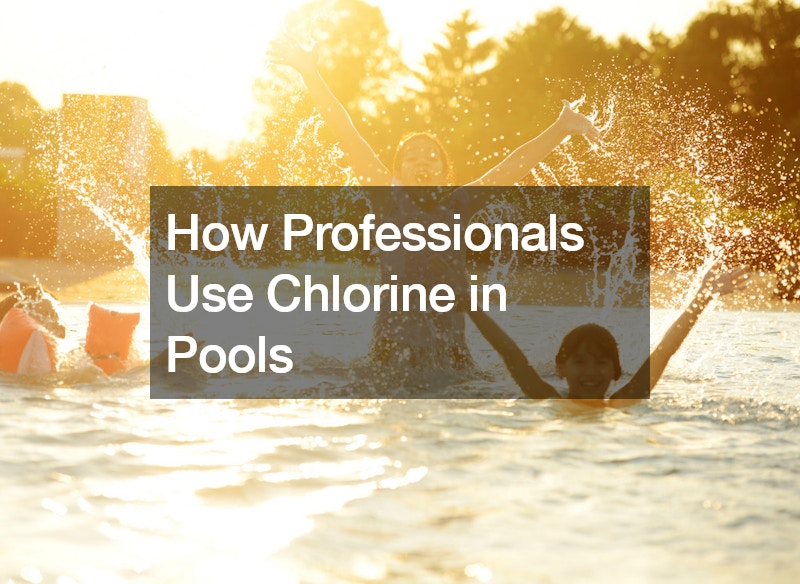
Professionals in swimming pool maintenance rely on chlorine as a key disinfectant to maintain water quality and ensure a safe and healthy swimming environment for pool users. Chlorine effectively eliminates bacteria, viruses, algae, and other microorganisms that can contaminate pool water and pose health risks to swimmers. By maintaining proper chlorine levels in pools, professionals can control and prevent the growth and spread of harmful pathogens, reducing the risk of waterborne illnesses and infections.
The use of chlorine in swimming pool maintenance also helps to oxidize organic contaminants, such as sweat, body oils, sunscreen, and other debris introduced by swimmers, maintaining water clarity, and preventing unpleasant odors, discoloration, and cloudiness. Regular monitoring and adjustment of chlorine levels are essential to ensure optimal disinfection and water balance, as both insufficient and excessive chlorine can compromise water quality, irritate skin and eyes, and affect the overall swimming experience.
Additionally, professionals in swimming pool maintenance employ various chlorine delivery methods, including liquid chlorine, chlorine tablets, and chlorine generators, to introduce and maintain chlorine levels in pools effectively. Proper handling, storage, and dosing of chlorine are crucial to ensure safe and efficient pool operation, as chlorine is a potent chemical that requires careful handling, precise measurement, and adherence to recommended guidelines and best practices to achieve and maintain clean, clear, and safe swimming pool water for enjoyment and relaxation.



